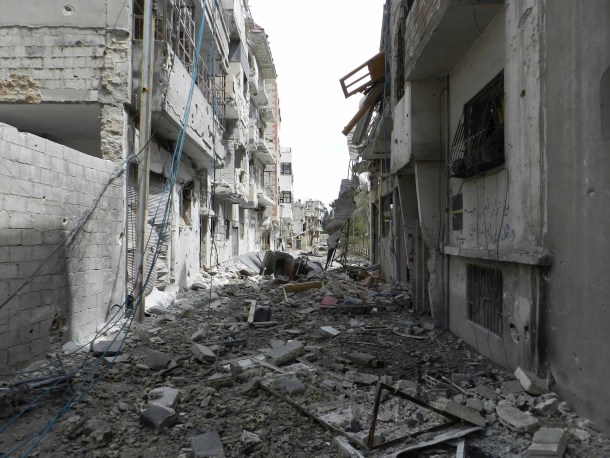Palestine or Ukraine are not the first places that come to mind in relation to new tech, yet they’ve developed tech for colour blind patients, interactive taxi apps, TV series recommendation portals, e-learning software and some real cutting-edge stuff.
Startups are now flourishing across the world, but for those located in conflict zones, many brave new businesses are managing to push through and excel against all the odds despite being caught up in events beyond their control.
“The uncertainty and economic difficulties that permeate the economy leave the tech sector dependent on foreign capital and brave investors.”
If you’ve worked in a startup, you will know that it’s a tough ride no matter where you are in the world. Endlessly long days and nights until you’re bleary eyed and desperate bug fixes before a key presentation are all too familiar. While an average East London startup’s daily crisis might be a shortage of soya milk or picking between meetup groups (“Business Yogilates Networking” or “Mean Londoners” today?), startups in conflicts zone struggle with the most basic things that we take for granted.
They’re dealing with power cuts, political disruption, visa issues and plummeting currencies.
Most people in Gaza have never travelled further than 20 miles from home due to severe travel restriction. This was a challenge that young entrepreneur Hadeel El Esafadi had to overcome when she founded her animation studio. The only way she could find clients while still at University was to go beyond Gaza.
This appears to be a shared passion amongst many of the students at the University of Applied Sciences (UCAS), where an innovation lab for new tech had been developed. Eager entrepreneurs soon came in to work on new projects, but the political turmoil last year led to bombings and most of the University was sadly destroyed.
The shelling happened in the middle of a business day and killed at least 15 students and one staff member.
“It caused severe damage to classrooms, laboratories, and administrative units. The whole electricity and internet networks were completely destroyed, as well as students’ projects,” explained Dr. Hani Khousa, the University’s Deputy Head of External Affairs.
In Ukraine, the startup scene was flourishing until the current international crisis unfolded, leaving the country in despair and with a massively devalued currency.
This led to a huge chunk of capital fleeing the country. The uncertainty and economic difficulties that permeate the economy leave the tech sector dependent on foreign capital and brave investors.
Yet, the hunger for innovation in these hubs has attracted VCs, serial entrepreneurs and NGOs to even choose these locations over others. As Iaryna Grynkiv, Vice President of Algo Trading at Barclays stated: “Even though right now it doesn’t look like a bright period to realize the profit, it’s the right time to enter the country. There is no such thing as positive return with no risk”.
It’s not all a worrying state of affairs.
Gaza Sky Geeks, the first and only acclerator in Gaza (look them up @GazaSkyGeeks) recently closed a crowd funding campaign that raised 289% above their goal while while Ukraine is still ranked tenth for innovation according to Bloomberg´s yearly report.
The fact that so many startups are trying and succeeding in unlikely places and difficult times can only be seen as a ringing endorsement for the startup revolution that’s sweeping the globe. And their ability to adapt to the new situations and challenges quickly and pivot accordingly will likely put them ahead of the curve in both business and life.
Images from | Gaza Sky Geeks, Pixabay and Wikipedia












